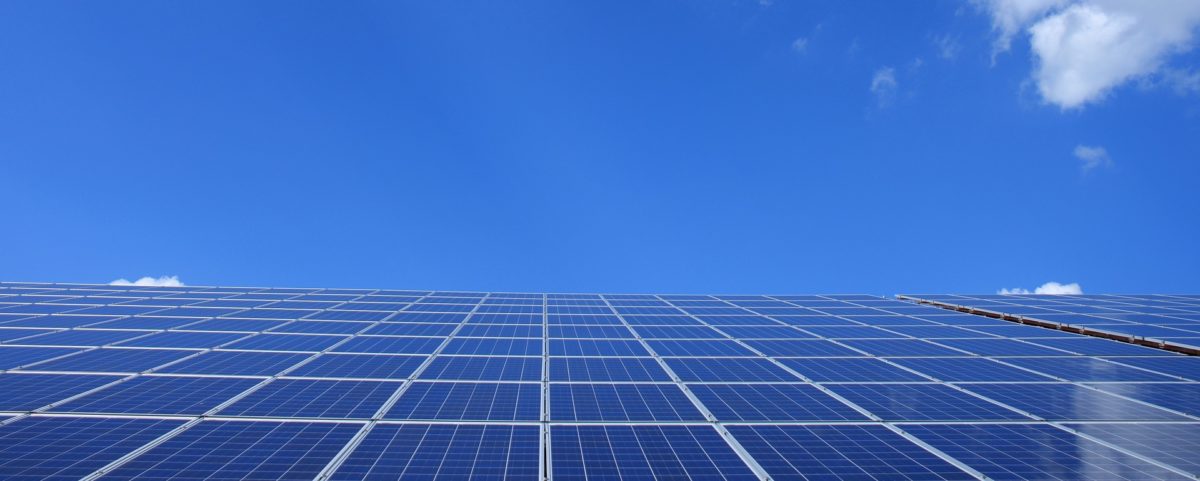by David Toke EDF are trying to bamboozle ministers to back a scheme that would pay EDF massive subsidies and premium prices to produce hydrogen that renewable energy would generate for less than half the cost. EDF are scrabbling for PR tricks to obscure the fact that they are asking for a blank cheque … Continue reading “EDF tries to hide its massive state subsidies behind a hydrogen smokescreen”
By David Toke The natural gas industry has scored a success in persuading the Environmental Audit Committee to back its plans for using hydrogen to substitute for natural gas in domestic heating. But this spells disaster! Even if the hydrogen came from renewable energy this would still be a colossal waste of renewable energy resources. … Continue reading “Alarm! Politicians are being hoodwinked by the gas industry to back blue hydrogen for domestic heating”
The announcement by the German Government that their hydrogen strategy will include support for so-called blue hydrogen as a transitional measure must be regarded as a huge setback for a sustainable energy transition. Essentally what is being proposed is the propping up of oil and gas rather than the alternative – an energy efficient decentralised … Continue reading “Blue Hydrogen – a Trojan Horse from Big Oil and Gas”
Blue Hydrogen – an implausible alternative to renewable energy Blue hydrogen, that is hydrogen produced from fossil fuels (in practice usually natural gas), is hydrogen produced in circumstances where the carbon in the fossil fuel feedstock is captured and stored (carbon capture and storage, or ccs). But this is not a substitute for energy from … Continue reading “Say no to ‘blue’, fossil fuel, hydrogen”
Lots of books and briefings have extolled the virtues of using hydrogen as a fuel, but although it certainly has promise in a renewable energy economy, it should not be seen as a cure-all. It is just an energy carrier, and not a feul source in itself. As such we should consider whether it can … Continue reading “Hydrogen?”
Modeling work led by an academic at the University of Central Lancashire (Fragaki et al) suggests that a 100 percent renewable energy system could be delivered indefinitely in the UK with just 30 days’ worth of storage. However, the trick is that there would need to be a significant overbuild – about 115 percent – … Continue reading “One month’s worth of storage needed for 100 per cent RE system in UK says study”
The Government has no clear plans to phase out gas in favour of electricity. That is what the Government is effectively saying in its declaration that there will be no bias towards electricity in its energy security bill proposals. Rather, it seems, the UK will waste years trying to protect the fossil fuel industry with … Continue reading “The short Government phrase that condemns UK decarbonisation strategy to failure”
Professor Nick Eyre, speaking at the 100%renewableuk seminar on April 22nd (see recording HERE), has said that pro-insulation protestors should think of campaigning for heat pumps rather than insulation. Eyre heads the Centre for Research into Energy Demand Solutions (CREDS). He talked about how electrification through electric vehicles and heat pumps ushers in a new … Continue reading “Heat pumps will save more energy than insulation says top Energy Efficiency Expert”
Government plans for nuclear power will do surprisingly little to balance fluctuating renewable energy. Government plans (to achieve net zero by 2050) issued in 2020 say that 20% of electricity generation should come from nuclear power, something which is very unlikely to be achieved in 2050 anyway.
A new report concludes that a 100% renewable energy mix for the UK would save well over £100bn in achieving net zero by 2050, compared to the UK Government’s current strategy. It would also mean more than 20% lower cumulative carbon emissions in the process. The study, carried out by renowned energy modelling academics at … Continue reading “New report shows £100bn savings with 100% renewable energy Net Zero plan”
Heat pump sales are surging throughout Europe, except the UK where gas interest-inspired myths about heat pumps hold sway. Heat pump sales are the lowest per household in the UK in all of the 21 countries covered by a report produced by the European Heat Pump Association. Sales in 21 European countries have doubled in … Continue reading “UK heat pump sales are the lowest in Europe – why?”
As if threats to ban solar farms from most suitable land in the countryside wasn’t enough, the next set of building regulations may sideline solar pv for new buildings.
Latest Research – Baseload generators such as Sizewell C nuclear power plants are not needed in an all-renewable future and their use would simply increase costs. Claverton Energy Group email release Sizewell C is much more expensive and slower to build than proven and reliable alternative low carbon solutions say elite Energy Think Tank NOTE: … Continue reading “Latest Research – Baseload generators such as Sizewell C nuclear power plants are not needed in an all-renewable future and their use would simply increase costs”
The European Union’s recent proposals to end imports of Russian gas before 2030 in the wake of the Ukraine invasion are blighted by the bloc’s support for unnecessary and expensive technologies.
Decentralised energy resources (DER) consisting in large part of solar pv units and storage batteries and electric vehicles (EVs) sited in domestic or commercial properties are increasing in number and capacity. Yet the key energy think tanks are busily ignoring this phenomenon in favour centralized-only solutions for balancing fluctuating renewables. This criticism certainly applies to … Continue reading “Why home batteries and electric car batteries could be a cheaper way to balance renewable energy compared to centralised storage solutions”
